In the age of digital communication, abbreviations and acronyms like “yk” have become integral to texting culture. Whether you’re messaging friends, replying to a comment on social media, or sending a casual email, you’ve likely seen “yk” used casually. But what does “yk” mean in text, and how can it be appropriately used across different tones—from casual to professional?
In this in-depth guide, we’ll explore the meaning, variations, appropriate usage, and alternatives to “yk” in text conversations. We’ll also provide polished, practical, and polite alternatives you can use depending on context and tone.
What Does “yk” Mean in Text?
“yk” is an abbreviation for “you know.”
It’s most commonly used in casual digital conversations such as texting, social media comments, or instant messaging platforms like WhatsApp, Snapchat, or Instagram.
✅ Examples:
- “Yk what I mean?”
- “Yk I was just thinking about that too.”
- “I miss those days, yk?”
The abbreviation helps save time and matches the informal tone often found in everyday conversations. But using it in every situation isn’t always appropriate—especially in professional or academic communication.
What Does “You Know” Stand For in Conversations?
When someone writes “you know,” they are typically:
- Seeking affirmation or agreement:
“It was super awkward, you know?” - Emphasizing a point or shared experience:
“You know how Mondays feel…” - Filling gaps in conversation:
“So, I was going to the store, and… you know…”
In speech, “you know” can act as a verbal filler, much like “um” or “like.” In writing, however, it can either feel natural or cluttered, depending on frequency and context.
Why Should You Consider Alternatives to “yk”?
Using “yk” might be:
- Too informal for work emails or academic settings
- Unclear to someone unfamiliar with texting slang
- Less professional in public or group chats
Replacing “yk” with more polished or versatile phrases helps you:
- Maintain professional tone
- Communicate clearly and inclusively
- Adapt to various communication settings
Top 15 Alternatives to “yk” (You Know) – With Tone & Context
Here are 15 well-phrased alternatives to “yk,” sorted by context—casual, polite, professional, and emotionally expressive. Each comes with usage examples and explanation.
1. “You get what I’m saying?”
🗨️ Tone: Casual / Conversational
Use this in chats with friends to seek validation or agreement.
Example: “It just felt off, you get what I’m saying?”
2. “Do you see what I mean?”
🗨️ Tone: Polite / Semi-formal
Appropriate for both casual and mildly professional conversations.
Example: “The schedule feels a bit too tight. Do you see what I mean?”
3. “As you might already know…”
🗨️ Tone: Professional / Informed
Ideal for workplace updates or formal messages.
Example: “As you might already know, we’re transitioning to a hybrid model.”
4. “You probably understand…”
🗨️ Tone: Supportive / Gentle
Good for empathetic or explanatory tones.
Example: “You probably understand how frustrating delays can be.”
5. “I think you know what I mean.”
🗨️ Tone: Friendly / Slightly informal
Great for when you’re hinting at a shared experience.
Example: “When you meet someone with that energy, I think you know what I mean.”
6. “You feel me?”
🗨️ Tone: Very informal / Slang
Used in close friendships or casual chats.
Example: “It’s been non-stop work this week, you feel me?”
7. “Right?”
🗨️ Tone: Casual / Neutral
A quick tag to check agreement.
Example: “That meeting dragged forever, right?”
8. “You follow?”
🗨️ Tone: Slightly formal / Direct
Used in educational, coaching, or business conversations.
Example: “We’ll cover costs in Q1, revenue in Q2—you follow?”
9. “You can relate, can’t you?”
🗨️ Tone: Empathetic / Conversational
Helpful when building emotional connection.
Example: “It’s hard juggling work and parenting, you can relate, can’t you?”
10. “You see?”
🗨️ Tone: Reflective / Persuasive
Used to draw attention or finalize a point.
Example: “The problem is deeper than we assumed, you see?”
11. “If that makes sense.”
🗨️ Tone: Thoughtful / Tentative
Helps soften a complex explanation.
Example: “So the whole cycle repeats itself—if that makes sense.”
12. “I mean, it’s obvious, right?”
🗨️ Tone: Casual / Emphatic
Used when the speaker believes the idea is clear.
Example: “He’s clearly avoiding responsibility—I mean, it’s obvious, right?”
13. “Know what I’m saying?”
🗨️ Tone: Casual / Slang
Common in informal speech.
Example: “That’s not the vibe, know what I’m saying?”
14. “Am I making sense?”
🗨️ Tone: Thoughtful / Clarifying
Used when the speaker wants to ensure clarity.
Example: “So, the deadline depends on supplier input—am I making sense?”
15. “Wouldn’t you agree?”
🗨️ Tone: Formal / Persuasive
A polite invitation for agreement.
Example: “We’ve made significant progress this quarter, wouldn’t you agree?”
How to Choose the Right Alternative for “yk”
Here’s a simple framework for choosing the best phrase depending on your audience:
| Audience | Preferred Alternatives |
|---|---|
| Friends / Peers | “You feel me?”, “Right?”, “Know what I’m saying?” |
| Colleagues | “Do you see what I mean?”, “Am I making sense?” |
| Formal Clients | “Wouldn’t you agree?”, “As you might already know” |
| Social Media | “You get what I’m saying?”, “I think you know what I mean” |
Always match tone to context. Overusing slang like “yk” in formal settings can reduce clarity and professionalism. On the other hand, being too formal in casual chats may feel cold or robotic.
Common Mistakes to Avoid When Using “yk”
- Using it in professional emails
✖️ “Yk, the budget’s tight this month.”
✅ “As you are aware, our budget is limited this month.” - Overusing it in one message
Repeating “yk” multiple times makes writing seem lazy or cluttered. - Assuming everyone understands it
Not everyone is familiar with texting shorthand—especially older generations or international colleagues.
The Psychology Behind “You Know” in Speech
In linguistics, “you know” acts as a discourse marker. It:
- Fills pauses in speech
- Signals shared understanding
- Adds rhythm or pacing
Replacing “yk” with more precise wording shows you’re being thoughtful and deliberate in your communication—a skill especially valued in leadership and writing.
How to Phase Out “yk” in Writing Practice
If you find yourself overusing “yk,” here are tips to refine your tone:
- Read your message aloud – If it sounds repetitive, revise.
- Replace filler with content – Instead of “yk,” add a clear example.
- Review past messages – Highlight where “yk” is unnecessary.
Conclusion: Speak Smarter, Write Sharper
While “yk” (you know) is a common and convenient part of casual language, it’s important to recognize when and how to use it effectively. Whether you’re chatting with friends or drafting a professional email, being aware of tone, context, and clarity will always improve your communication.
By exploring a range of polished and appropriate alternatives, you can communicate with confidence, creativity, and class. Don’t rely on shorthand—expand your expression and let your personality shine through the words you choose.


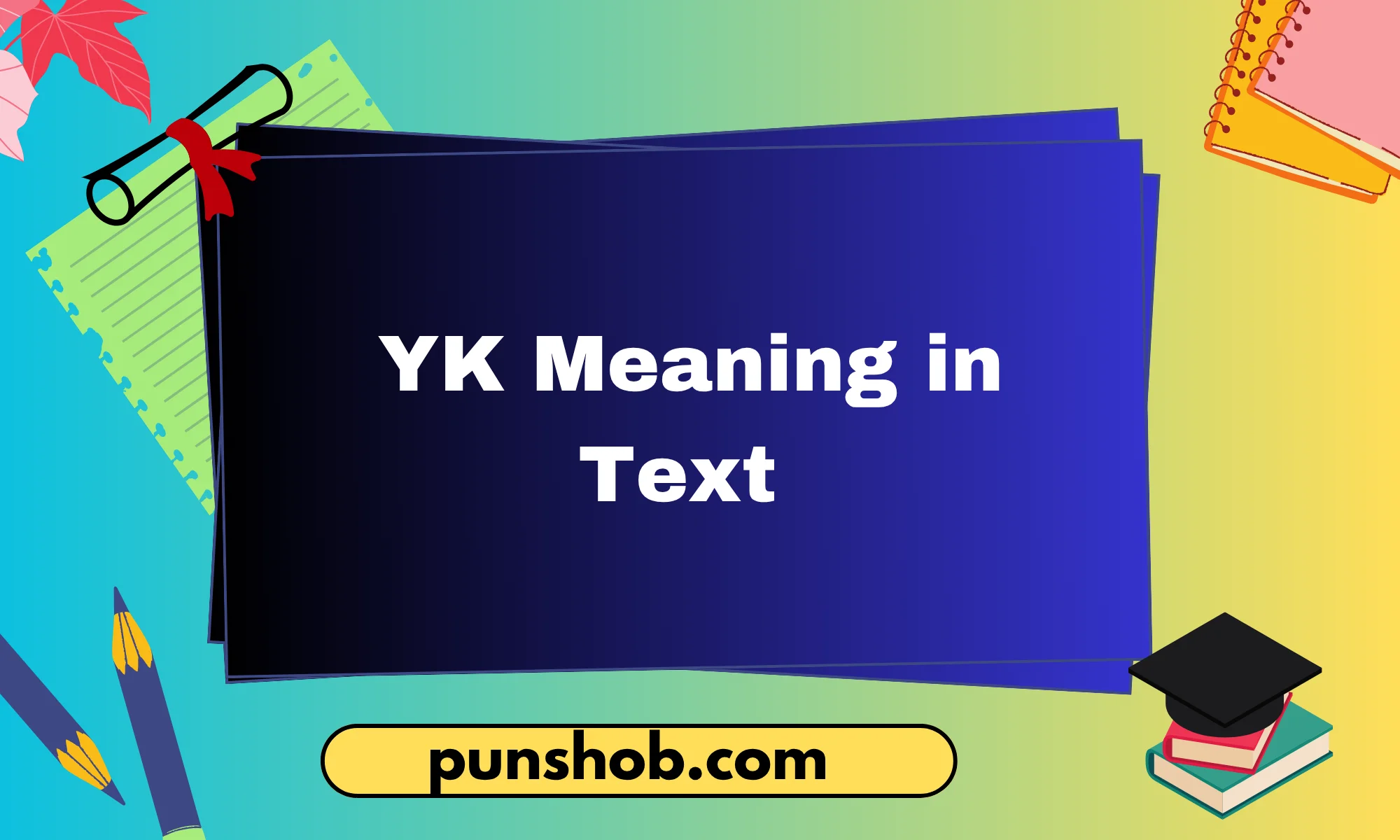

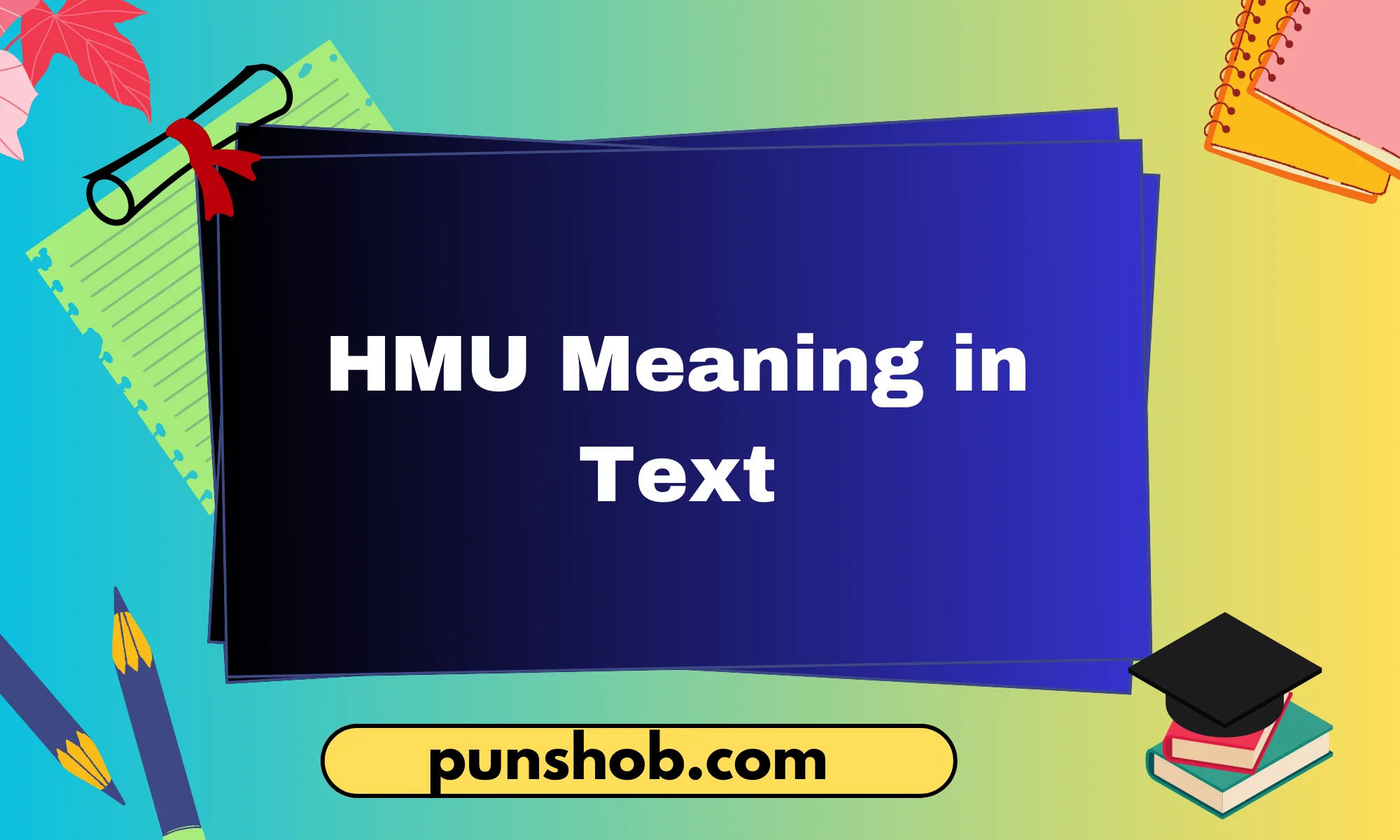
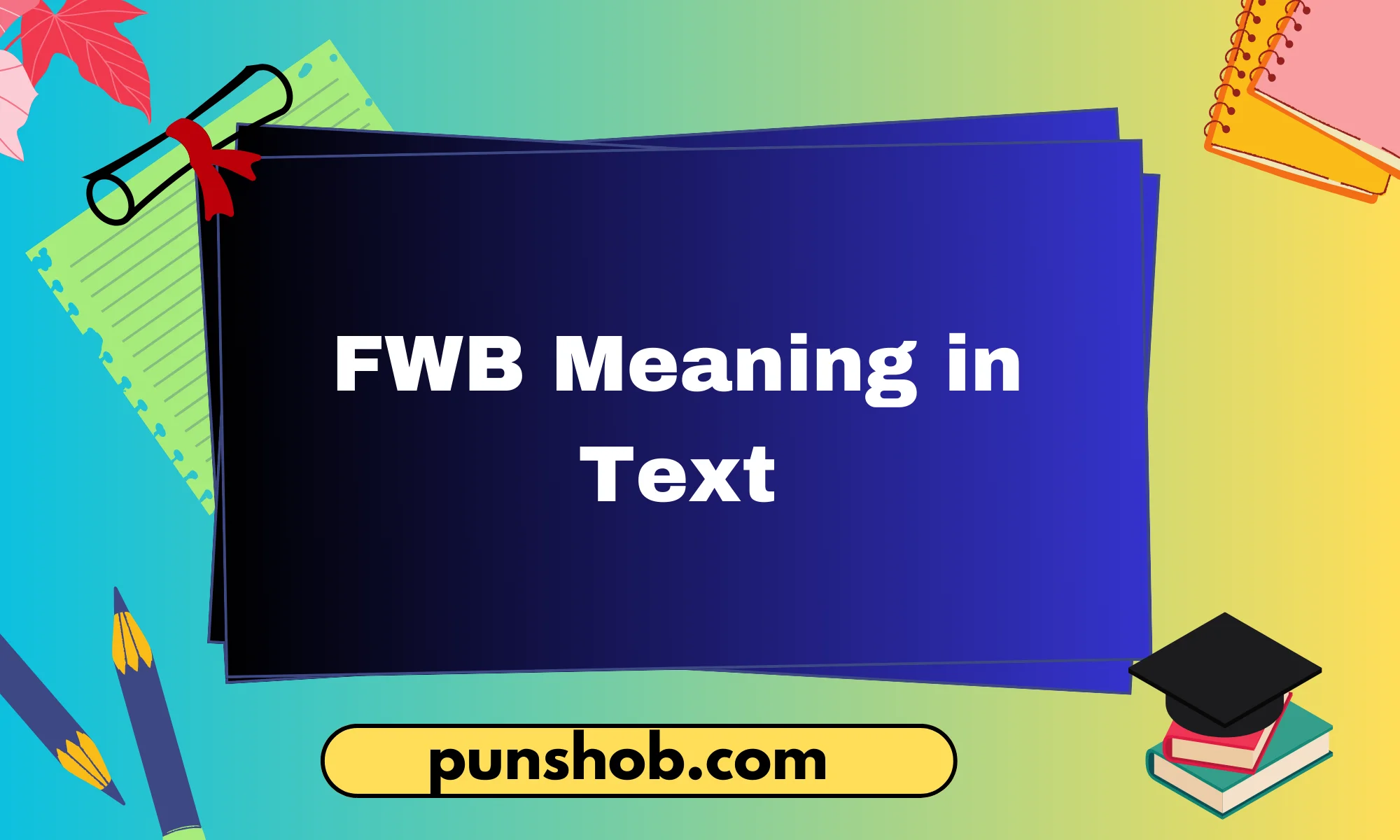




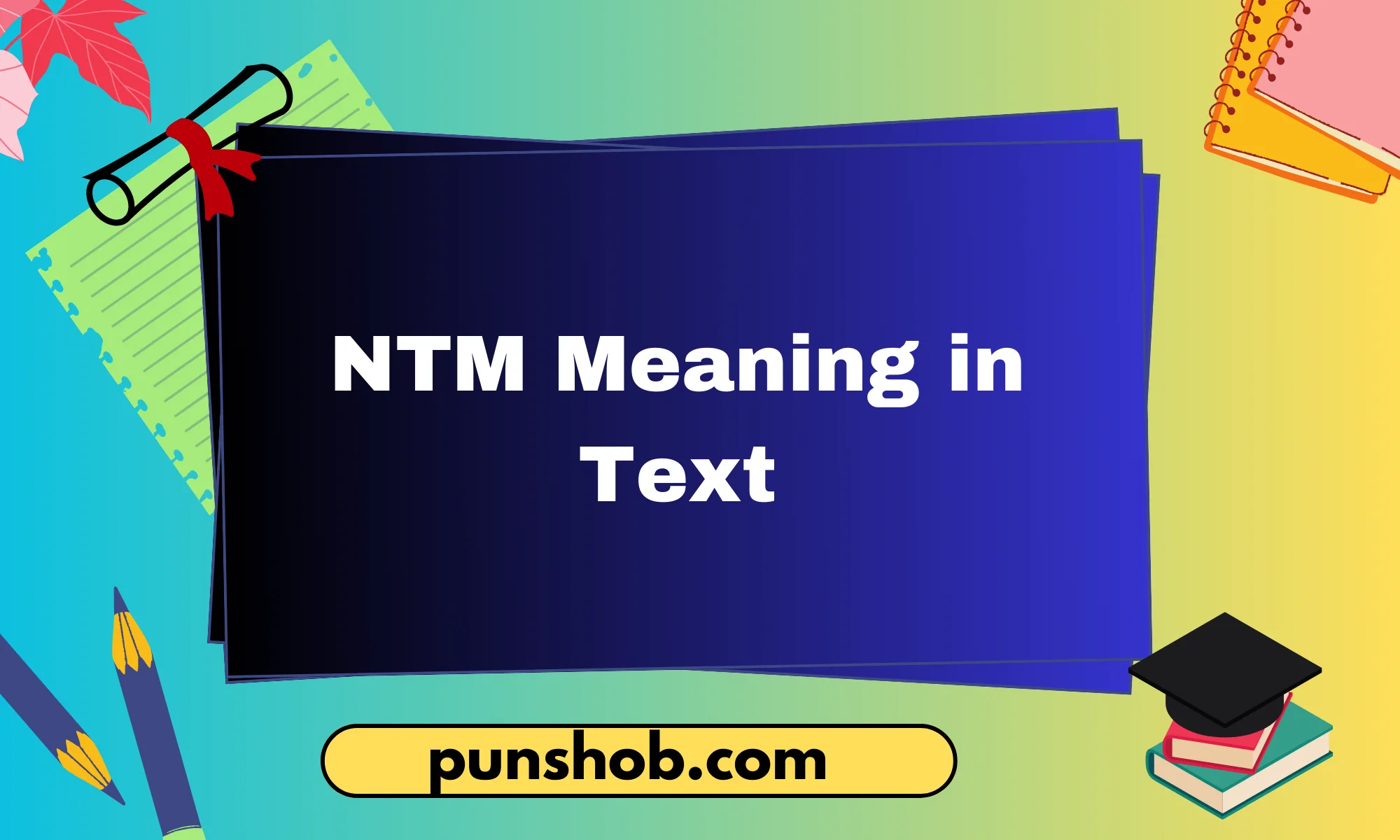
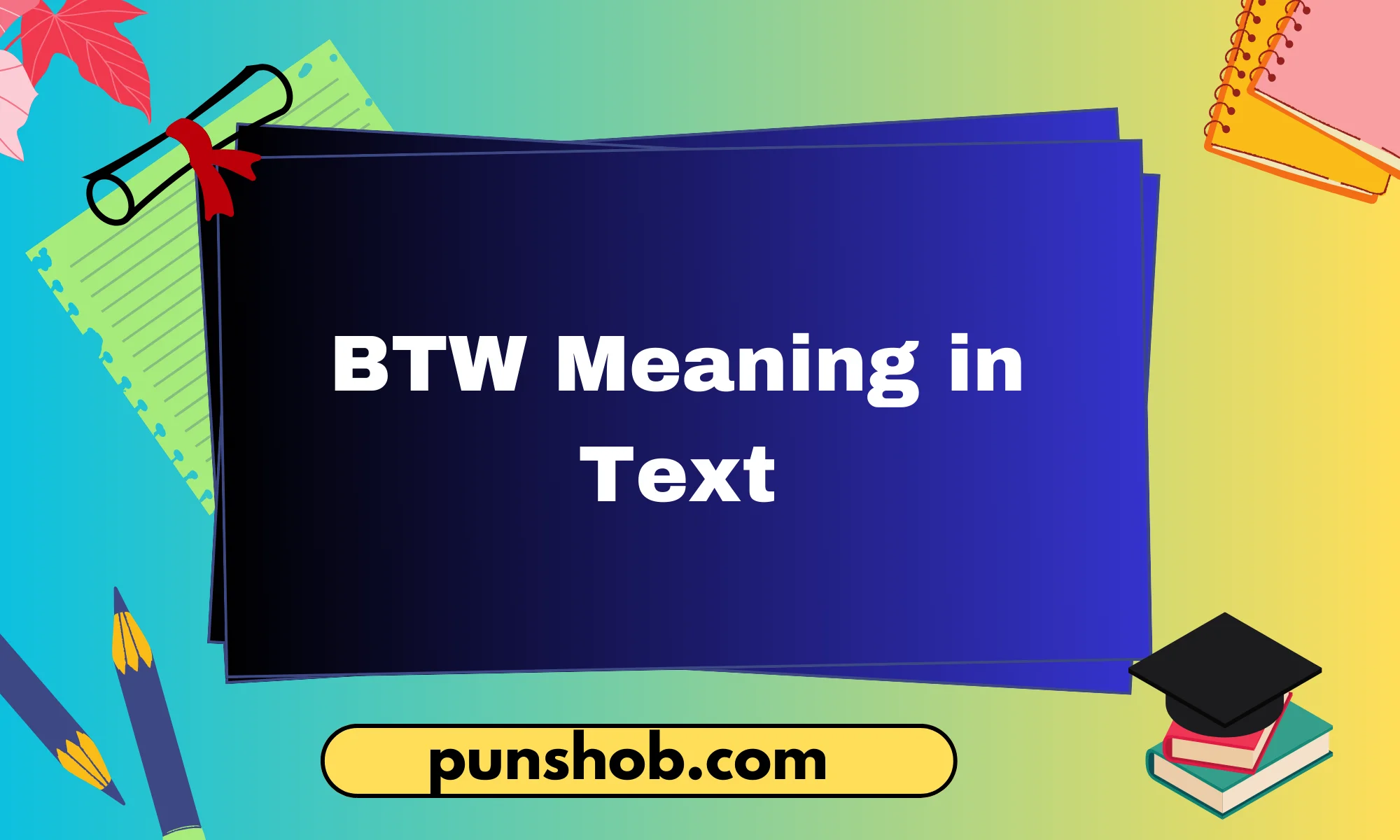
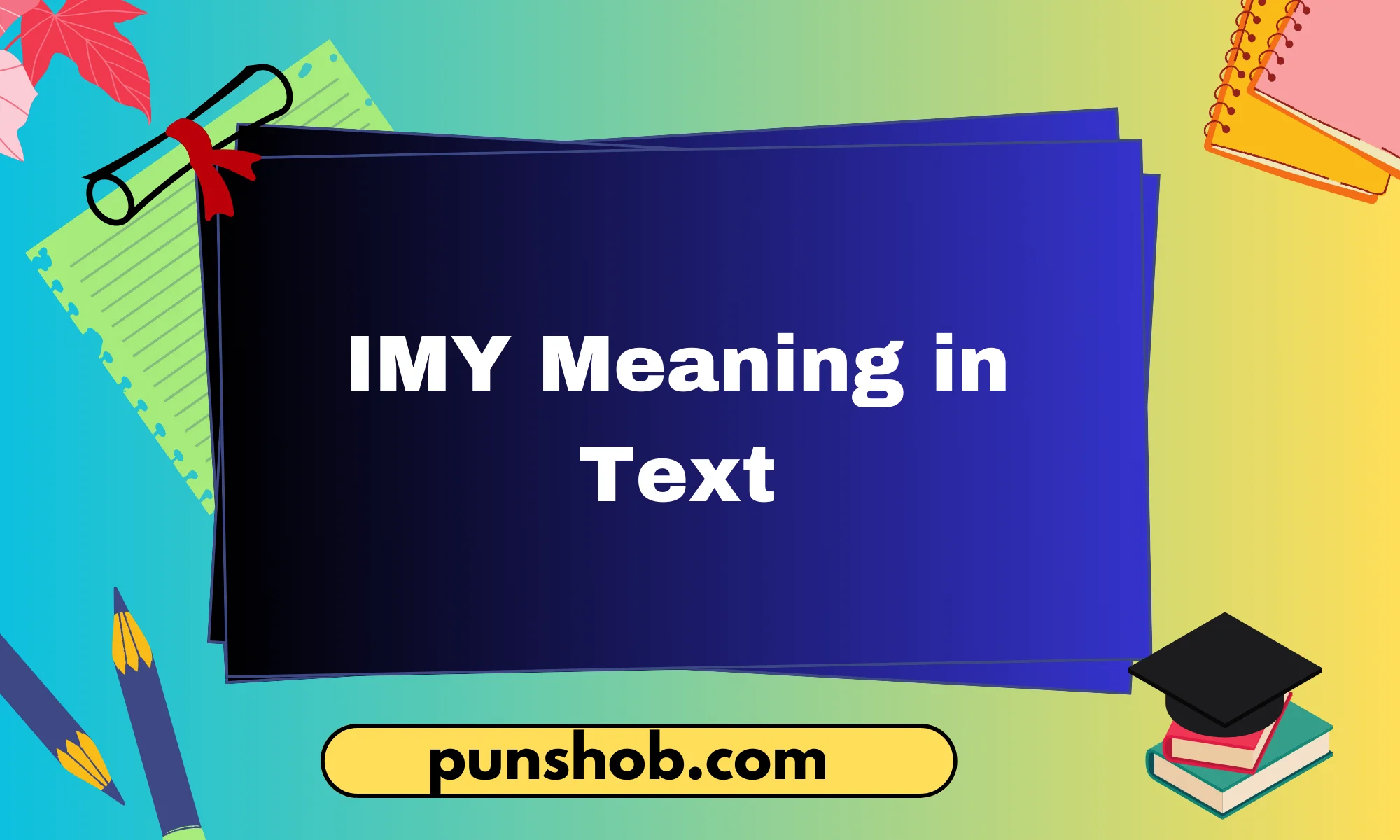
Leave a Reply